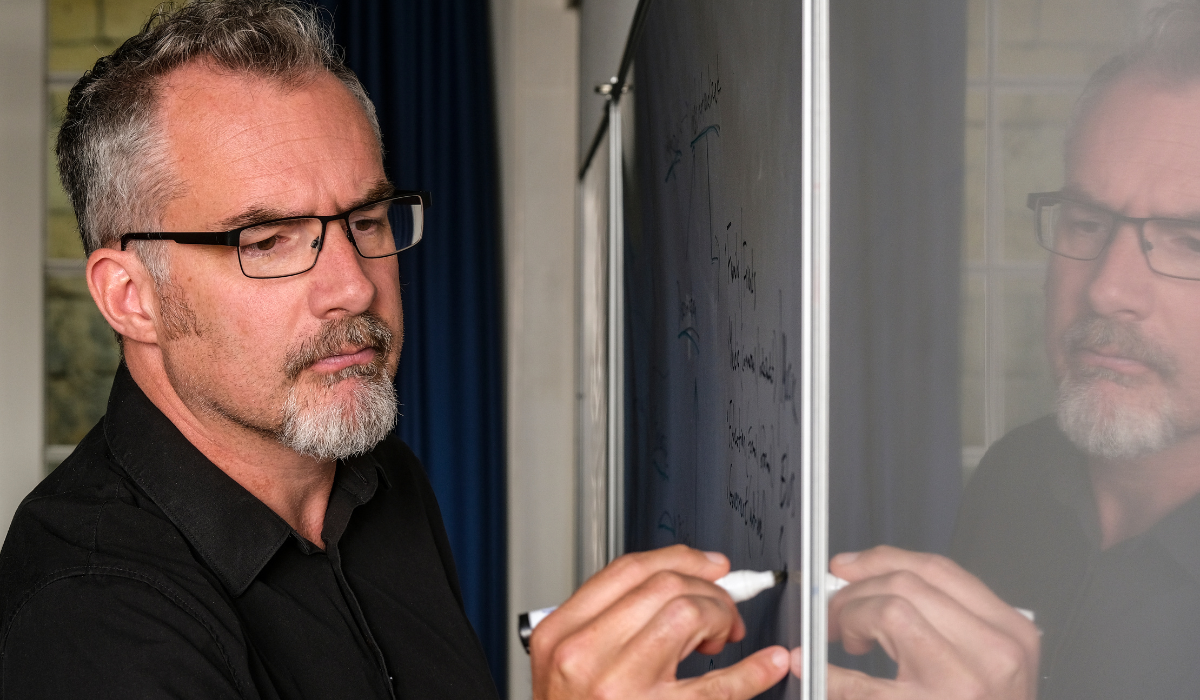Harnessing Community Education to Tackle the Climate Crisis through Open Science
Over the last decade, significant strides have been made in leveraging principles of Open Science (OS) to address the global climate crisis. From increasing transparency in research to fostering collaboration between different knowledge stakeholders, OS initiatives have made remarkable progress. Yet, a critical piece of the puzzle remains under-recognised: the strategic role of community-based adult education (CBAE). While universities have traditionally dominated discussions in Open Science, as an educational actor, CBAE presents a very powerful ally in fostering civic engagement and addressing environmental challenges.
For instance, consider a scenario where a Belgian-Dutch research team has published a study highlighting how certain kinds of agricultural practices increase the risks of groundwater contamination in the Maas/Meuse River valley. While the academic community might celebrate the publication of these findings in a journal, the local community facing this issue might remain unaware of the research or its implications. Moreover, regional farmers might perceive the scientific report as a threat to their livelihoods. This is where CBAE practitioners step in—transforming dense scientific data into community workshops, public talks, or actionable toolkits. Their efforts draw on scientific knowledge to bring diverse groups together in a common quest for concrete solutions to the serious problem of water pollution.
In my sociological research in Francophone Belgium, I examine how the eco-pedagogical practices deployed within sites of community-based education can act as a vital bridge between the realms of scientific knowledge production and actionable community efforts. I’ve found that what sets CBAE apart from universities is its ability to act as an effective mediator among diverse stakeholders, including scientists, farmers, policymakers, students, labour unions, and local citizen groups. In urbanised post-industrial contexts such as Liège, for example, I’ve found that grassroots practitioners of CBAE undertake the important work of ‘translating and transmitting’ complex scientific findings into accessible and practical forms of knowledge that resonate with diverse members of the public, such as youth, migrants, blue-collar workers, school teachers and the elderly. By addressing issues of eco-anxiety, climate complacency and disbelief in the climate crisis, these educational actions function to bring citizens together to address tangible problems such as pollution and flooding.
One of the challenges facing the OS movement is the gap between academia and local communities. University researchers often have limited time and resources to engage directly with citizens or to build the kinds of local and trans-local social ties necessary for effective collaboration on environmental problems. This disconnect often compounds the creation of unnecessary antagonisms between different social groups, such as farmers and ecological action groups. It also means that valuable research risks remaining trapped within academic circles and being perceived as “elitist” by members of the public. CBAE addresses this gap by fostering multi-directional dialogues and inclusive networking processes. Not only can practitioners of CBAE help communities understand scientific insights, but they also provide opportunities for citizen groups to shape and participate in the development of scientific research projects. While they are not always successful, their efforts are invaluable.
If any members of the UM community are interested in learning more about my sociological research or in brainstorming future collaborations, feel free to reach out via email.
Author of this blog: Dr. Kai A. Heidemann (Associate Professor, UCM/FSE)
Share your story
We are always looking for stories on Open Science that show how you implemented Open Science in your work. These can be both success stories (for example on what you did to make your Science more Open (and FAIR)) or attempts at Open Science that didn’t work out the way you expected (for example because the required infrastructure was lacking) and what you would recommend tackling this problem. Please contact us if we may approach you to share your story with the UM community. Do you have a question in general on Open Science? Don’t hesitate to contact Dennie Hebels, the Open Science officer.


0 Comments